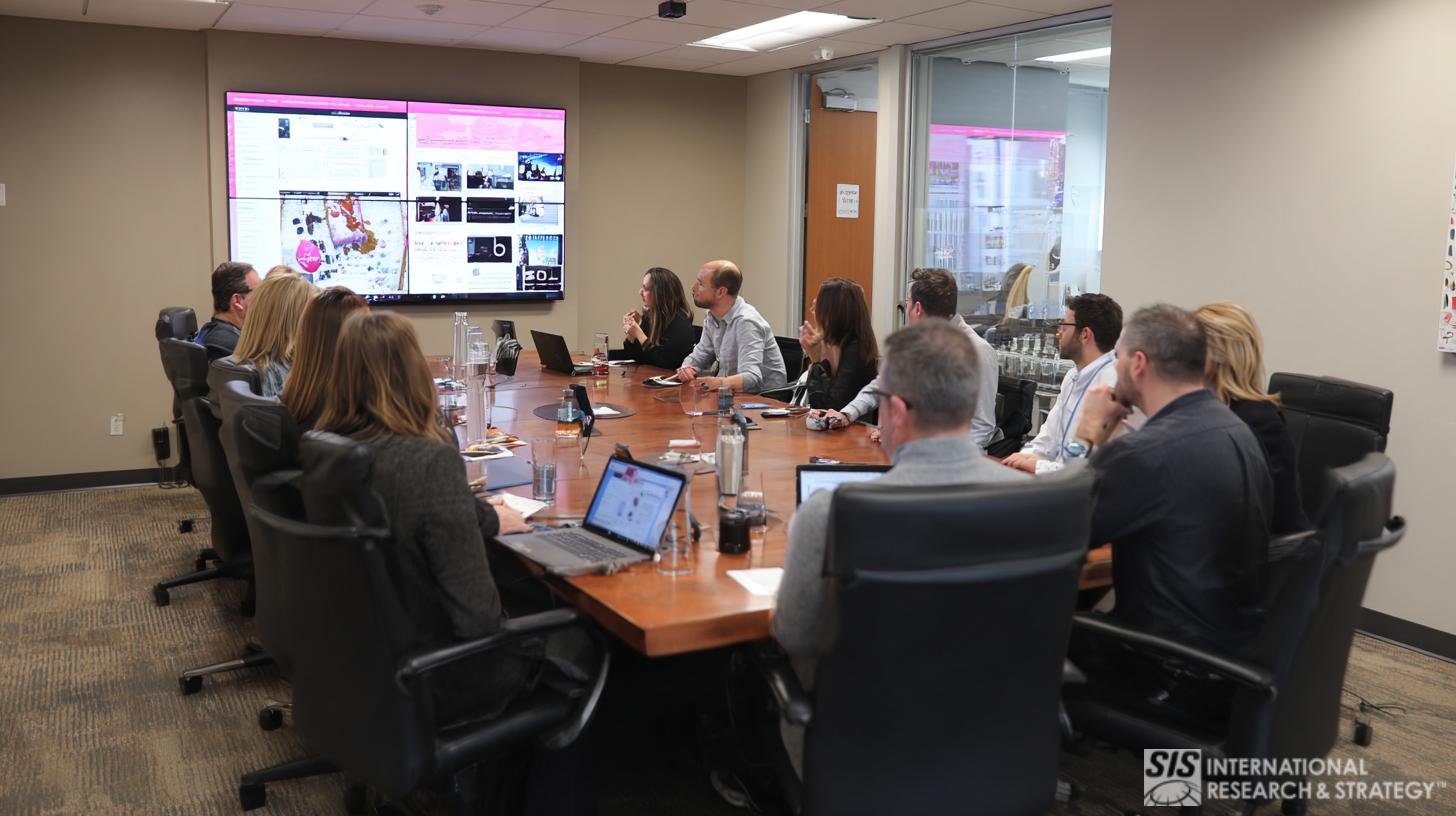
One of the most daunting challenges in today’s global economy is the “Talent crunch” and challenges in scouting, recruiting, and growing talented people in your firm. Ageing societies are struggling to find qualified people to run complex and high-technology processes.
Attracting and retaining talent can mean the difference between success and failure in today’s fast-paced global economy. Significant trends are impacting HR management functions, including the rise of Artificial Intelligence, Data Science, Automation and Algorithms.
L'importanza della gestione dei talenti
La gestione dei talenti è importante per i seguenti motivi:
- The HR function is considered strategic by more and more companies.
- I professionisti delle risorse umane credono ancora che la loro forza lavoro non sia adeguatamente preparata per soddisfare i piani futuri delle loro aziende.
- HR management has embraced software and management tools but many companies use manual tools and processes.
- Technology-enabled automation of discrete talent functions is providing significant opportunities for cost containment.
- Cross-functional HR metrics leveraging workforce analytics can provide an advantage.
- I Millennial hanno maggiori probabilità di cambiare lavoro, rendendo fondamentali l’acquisizione dei talenti e la fidelizzazione delle risorse umane
- La misurazione e la gestione di parametri, indicatori chiave di prestazione e analisi della forza lavoro sono sempre più importanti.
Acquisizione di talenti
A robust Talent Management function within a company hires beyond the traditional model of looking only at skills; instead, they hire by “talent.” Focusing on defining the talent needed to reach organizational goals and building a plan to make certain you have the talent available are the crucial first step in a robust TM function.
Il loro approccio va oltre un approccio esterno. I manager devono essere in grado di conoscere i propri talenti, il che richiede una grande dose di introspezione. Un leader sicuro non ha problemi ad assumere persone migliori di loro.
As part of a company’s long-term Talent Management procedures, much of the scouting process involves getting both managers and members of Generation Y on board. Generation Y has fundamentally different objectives in their behavior, outlook and interaction in the workplace. Generation Y, as a baby boom generation, is widely considered one of the most important generations in advancing a rapidly ageing workforce.
Integrare la generazione Y sul posto di lavoro
SIS has built a model that proactively integrates very talented members of Generation Y in creative development, strategic planning and research. Essentially, the goal is to harness both the strengths of older and younger generations, while minimizing the intergenerational tensions that often arise in corporate settings.
Embracing Generation Y is one possible method. For example, at SIS, managers fully embrace the youth. We provide them with an uncommon opportunity for experience and confidence to allow them the opportunity to thrive. And through their perspectives, we have considered many new initiatives that have continued to our success, our commitment to innovation and ability to provide high degrees of client value. But, what works in our company may not work in others. It is a matter of striking the right balance between strategy and culture.
Making Your HR Function More Strategic
The Talent Management function certainly considers necessary skills and the candidates’ ability to grow their skills, applying them to core business processes and leading change. Talent Managers analyze the candidate’s ability to fit within the corporate culture, viewing corporate culture as a valuable competitive advantage. For certain companies, integrity, responsibility and character are important in ensuring that the company’s long-term interests will be fulfilled. For example, many financial services firms look to ensure that their new talent are group-oriented to minimize self-serving behavior that could potentially endanger their firms.
Aligning talent with corporate culture is not fluffy marketing jargon. A strong corporate culture with employees on board contributes to strong competitive advantages in companies like Southwest and Apple.
Nelle aziende con strutture organizzative rigide, spesso può essere presente un numero significativo di persone di talento. Ma quando i professionisti di talento non si sentono apprezzati, rispettati o non sentono una sufficiente libertà per concepire e realizzare idee creative.
Misurare il valore nella gestione dei talenti
Molte aziende spingono per costruire ambienti che coltivino solide relazioni con l’acquisizione di talenti. Ciò è dovuto al valore assoluto del talento nelle operazioni dell'azienda e alla concorrenza che potrebbe sorgere se l'acquisizione di talenti non viene soddisfatta. Inoltre, le aziende vogliono garantire che il loro talento possa prosperare, anche se la cultura aziendale è rigida. Molte aziende ritengono che il modo migliore per farlo sia creare per il proprio personale di talento una rete di solide relazioni basate su verità, affidabilità e fiducia.
Le aziende possono ora utilizzare intranet complesse e integrate di condivisione delle conoscenze per mettere i propri dipendenti in contatto con esperti di talento in tutta l'azienda per diffondere immediatamente conoscenze tecniche di alto livello. La conclusione qui sta nell’implementazione dei processi che consentono all’azienda di farlo subito sfruttare e sfruttare il proprio talento.
A long-term perspective
Talent Management is a long-term process, with three potential ways to continually cultivate their talent:
- Riqualificare – devono riqualificare le persone e garantire che dispongano delle risorse giuste per eseguire
- Riposizionare – do not discard antiquated talent, but help reposition them periodically according to their strengths within the company
- Andare in pensione – plan with your staff their retirements and futures to build goodwill and loyalty
Informazioni sulle ricerche di mercato sulla gestione dei talenti
Talent Management Market Research provides data, insights and strategies to drive performance with your company’s most valuable resources — your team. We conduct Qualitative Research, Quantitative Research, and Strategy Research. In Qualitative Research, we conduct Focus Groups, In-Depth Interviews, Workplace Ethnography, and Online Communities. In Quantitative Research, we conduct employee surveys and surveys with prospective candidates. In Strategy Research, we conduct research into the competitive landscape, competitive analysis, Ricerca sulle opportunità di mercato, and Market Sizing.


